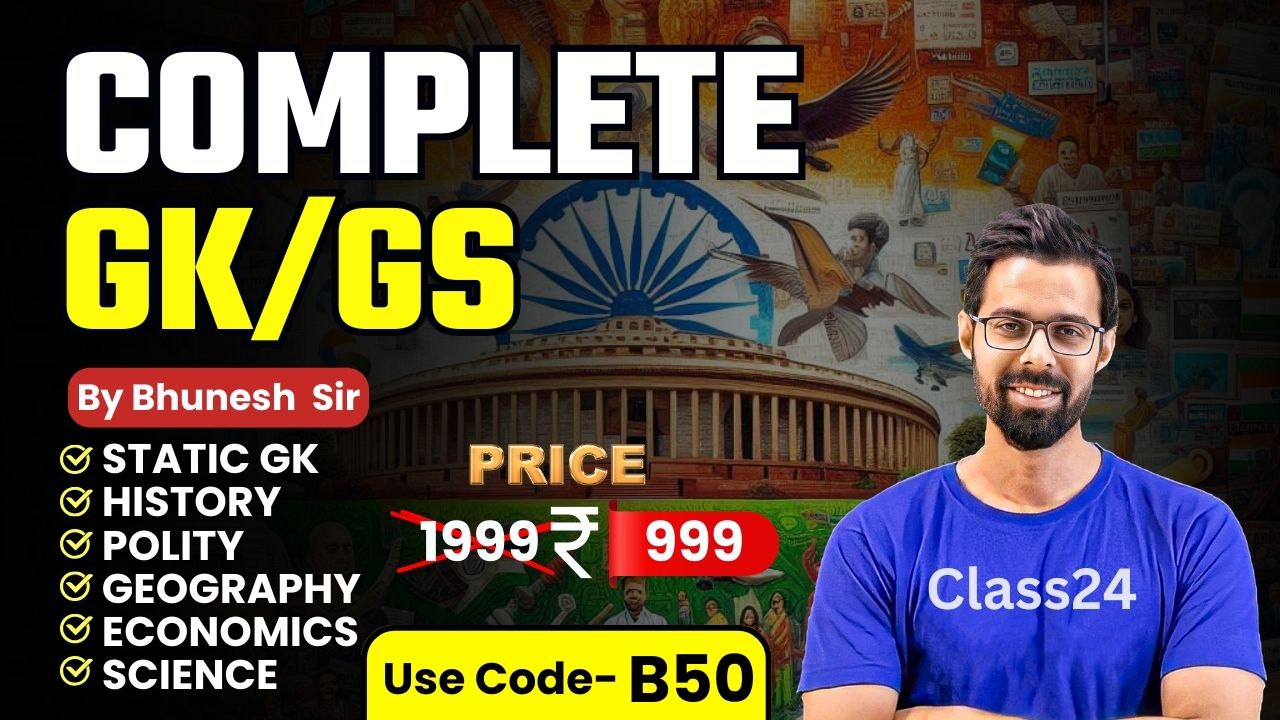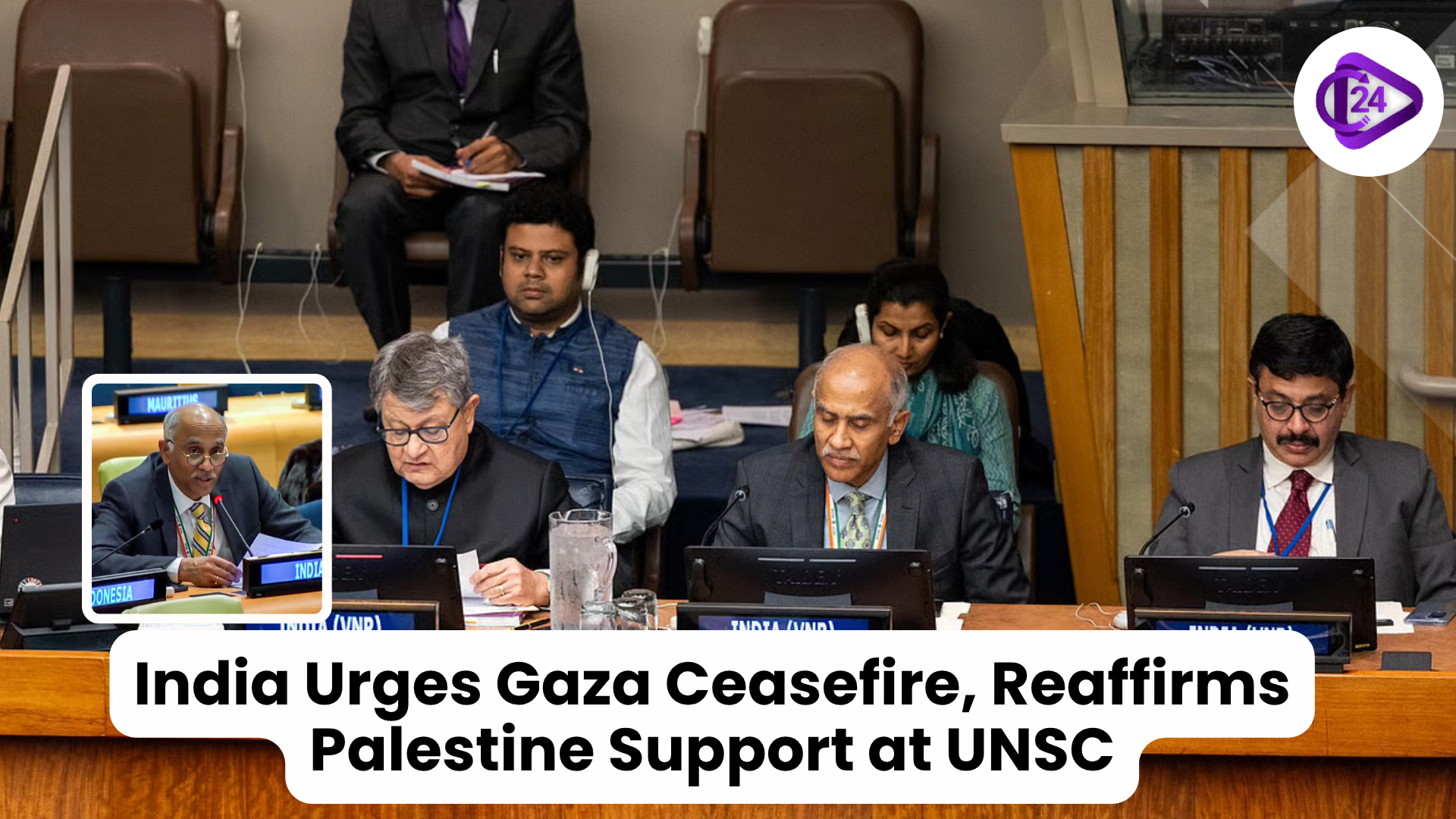
During the debate on the Middle East in the UNSC, India said that there should be a ceasefire immediately in Gaza and all the hostages should be freed. Indian envoy P. Harish highlighted the level of humanitarian suffering and said that periodic lapses are inadequate. He again reiterated the unequivocal support of India on the Palestinian cause and the two-state solution. It is a more assertive note than when India had abstained from the UNGA resolution on a ceasefire. India had also emphasized on dialogue and diplomacy to maintain a long-lasting peace in the region.
Context
-
The statement follows deteriorating humanitarian situations in Gaza, as the UN documents destroyed hospitals and children not being in school months after.
-
Two points can be noted in the remarks of India that point to a slight change in its previous neutral position to a stronger humanitarian and diplomatic stand.
-
The UNSC meeting led by Pakistan also allowed India to once again advocate its historical stance of supporting Palestine despite maintaining its global image in the world of diplomacy.
Key Points
Overview
-
Meeting: UNSC Quarterly Open Debate on Middle East
-
Date: 2025 July
-
India Representative: India has Parvathaneni Harish, who is the Permanent Representative of India to the UN.
-
The setting was in the United Nations Security Council, New York.
-
Sponsored by: Pakistan (July 2025 UNSC President)
Highlights of India’s statement
Humanitarian Crisis in Gaza:
-
Quoted reports found in UN and WHO:
-
95% of the Gaza hospitals in damaged/destroyed conditions
-
6.5 lakh OOP children (more than 20 months)
-
Occasional truce in fighting is not enough to solve the widespread misery.
India's Position:
-
There must be a ceasefire and all hostages set free.
-
The only possible ways out are dialogue and diplomacy.
-
Powerful support of Two States Solution as the sole viable choice toward peace.
Transactional Change in India:
-
June 2025 (UNGA): India abstained on the resolution forcing such a ceasefire.
-
July 2025 (UNSC): Bout of stronger words according to ceasefire and humanitarian aid.
-
This change could be an adjusted balancing act in the foreign policy of India.
Strategic and Historical Background:
-
Policies of India regarding Israel and Palestine:
-
Brief history of bearing a long-term stance towards Palestinian sovereignty since the independence of 1948.
-
The approval of Two-State Solution is always supported.
-
Concurrent building up of strategic relations with Israel after 1992.
Recent Humanitarian Aid:
-
India provided:
-
6.5 tonnes of medicine relief
-
32 tonnes worth of relief supplies
-
USD 29.53 million to the UNRWA on Palestinian refugees
-
De-hyphenation Diplomacy:
-
In 2017, PM Modi paid a visit to Israel (first by an Indian PM).
-
In 2018, PM Modi made a trip to Palestine continuing Indian material support.
-
India is pragmatic in its relationship with Israel, Arab nations, and Palestine.
Broader Implications for India:
|
Area |
Potential Impact |
|
Defence |
Israel is one of India's top defence suppliers; regional instability may delay deliveries. |
|
Energy Security |
Conflict could raise oil prices, affecting India's economy. |
|
Geopolitics |
India needs to maintain balance amid rising global polarization. |
|
IMEC Corridor |
Violence could hinder progress on the India-Middle East-Europe Economic Corridor. |
The Indian vision of peace:
-
Proponents of reforms and equitable multilateralism of UNSC.
-
Facilitates peaceful coexistence, non interference, and multilateral negotiations.
-
Insists on fighting terrorism and impersonal retaliation.
Conclusion
The new statement in UNSC by India is a response to a developing but steady pattern of promoting peace, diplomacy, and humanitarian considerations. As it forms ever-closer alliances with Israel, India is still maintaining its positions in favor of Palestinian rights, and the two-state solution, carefully walking down the line between geopolitics.



 Donald Trump Receives First FIFA Peace Prize
Donald Trump Receives First FIFA Peace Prize International Civil Aviation Day 2025 – Everything About the History, Theme and Its Importance
International Civil Aviation Day 2025 – Everything About the History, Theme and Its Importance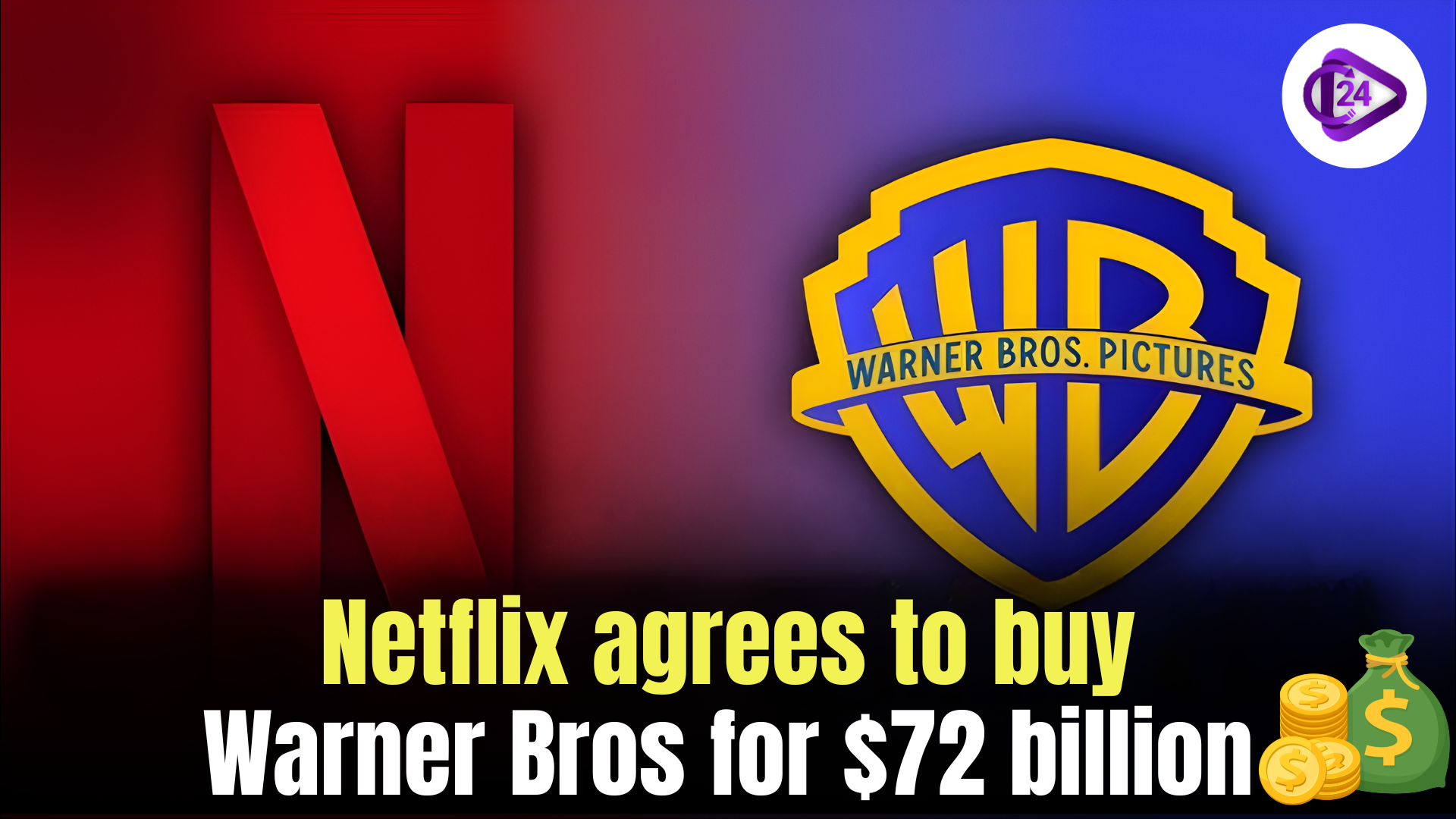 Netflix to buy Warner Bros Discovery's Studios, Streaming Unit for $72 Billion
Netflix to buy Warner Bros Discovery's Studios, Streaming Unit for $72 Billion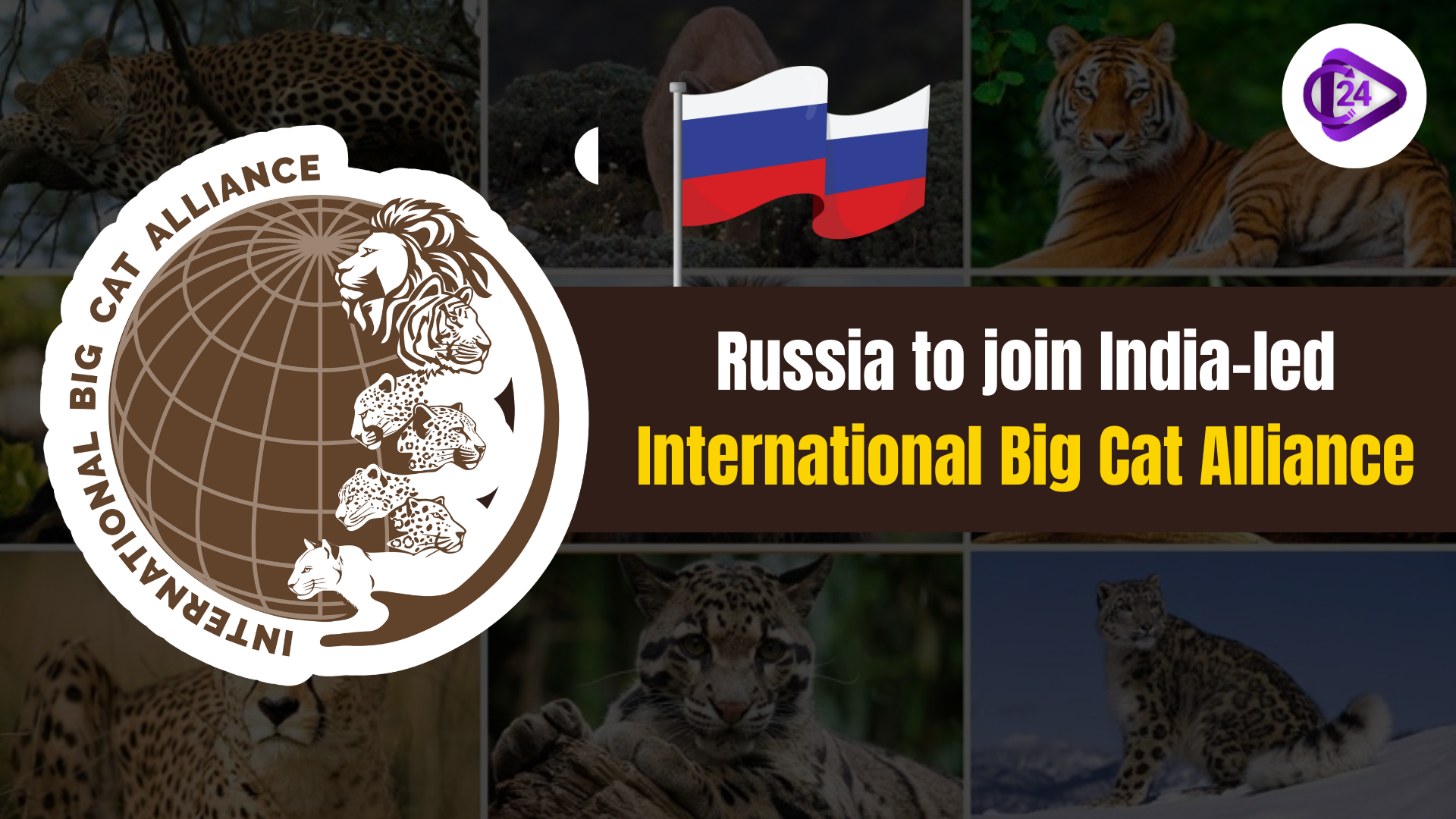 Russia to Join India-led International Big Cat Alliance
Russia to Join India-led International Big Cat Alliance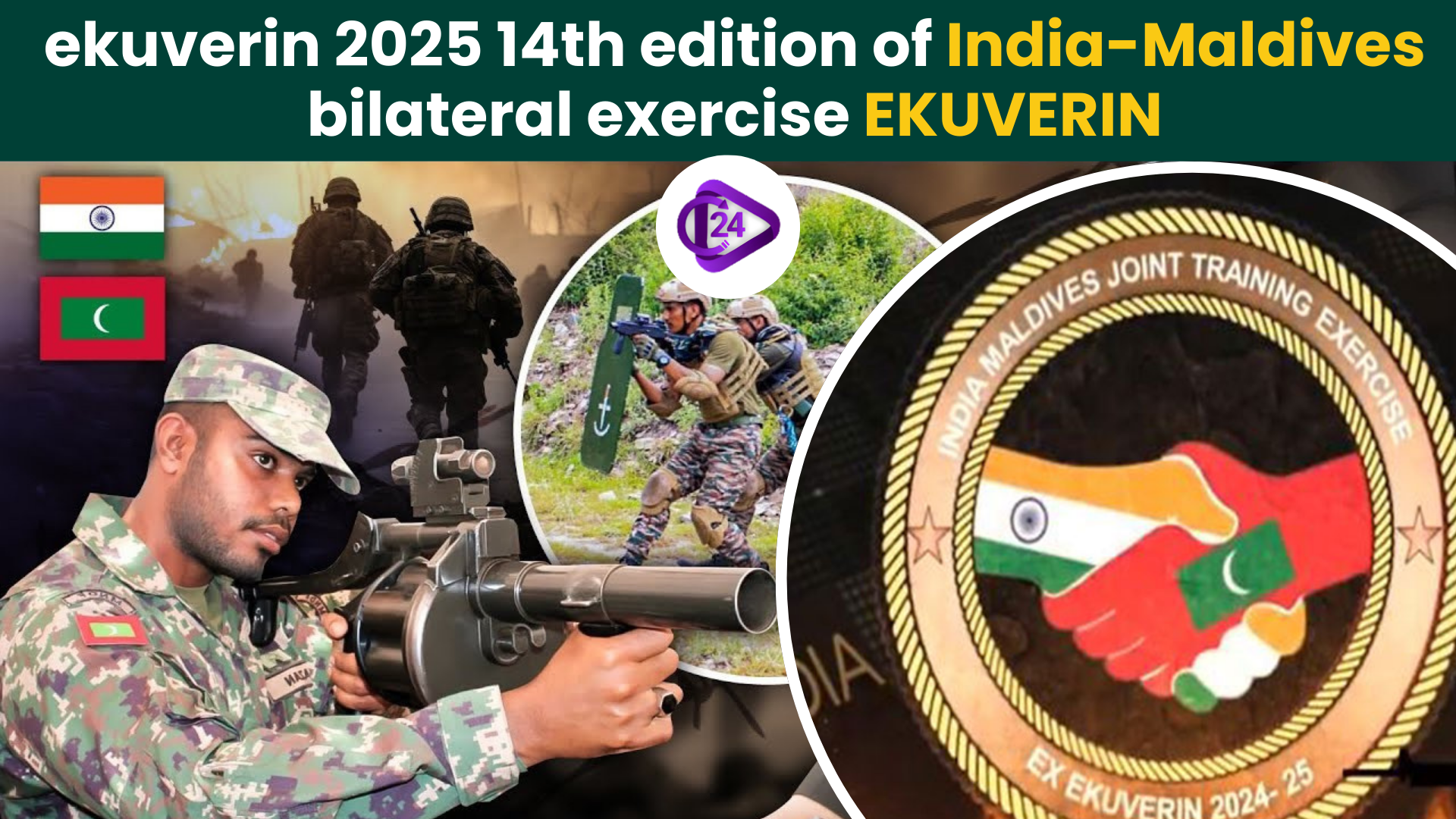 India, Maldives Begin 14th Edition of Exercise Ekuverin 2025
India, Maldives Begin 14th Edition of Exercise Ekuverin 2025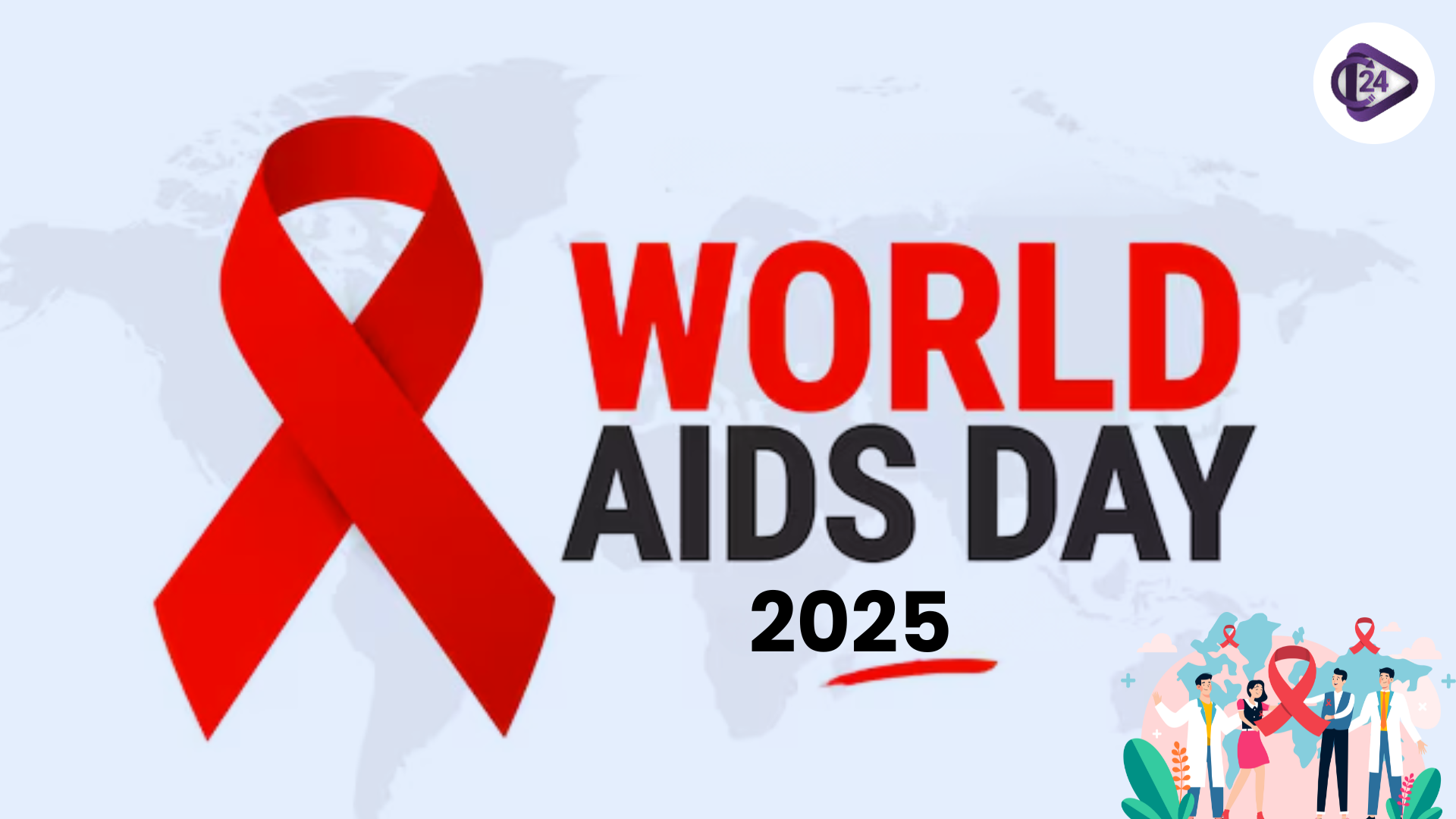 World AIDS Day 2025
World AIDS Day 2025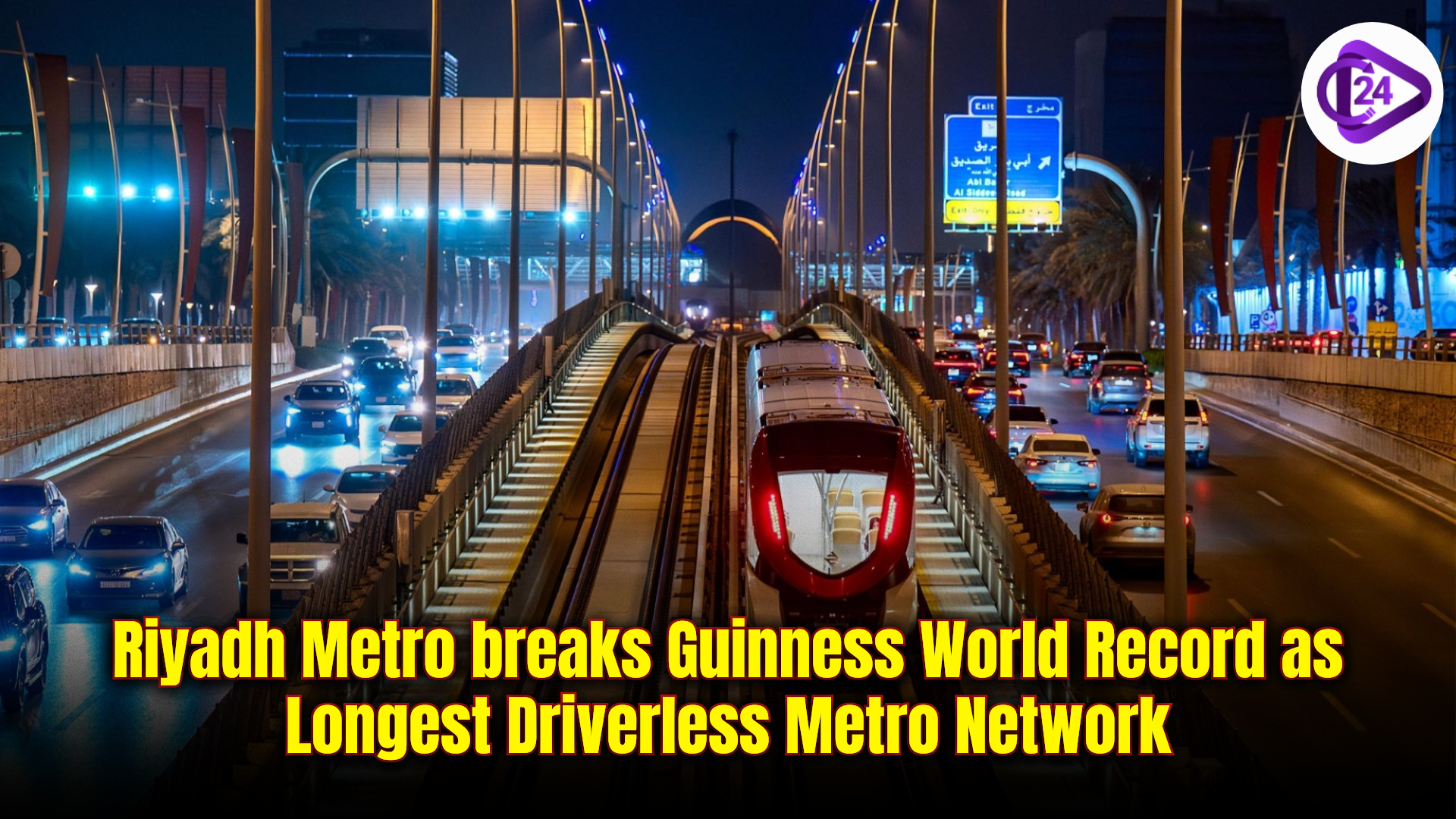 Riyadh Metro Breaks Guinness World Record as Longest Driverless Metro Network
Riyadh Metro Breaks Guinness World Record as Longest Driverless Metro Network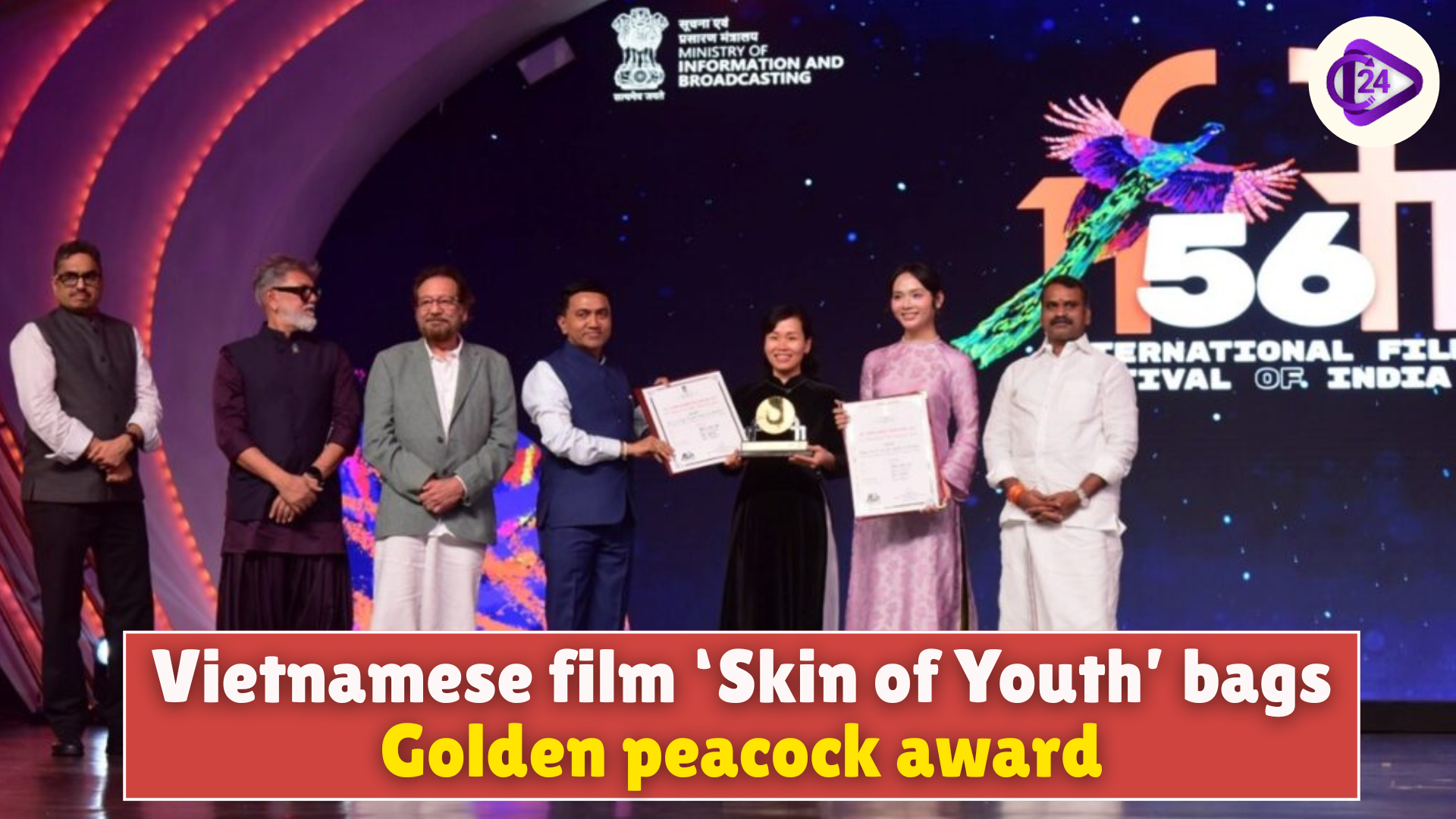 Vietnamese Film ‘Skin of Youth’ Bags Golden Peacock Award
Vietnamese Film ‘Skin of Youth’ Bags Golden Peacock Award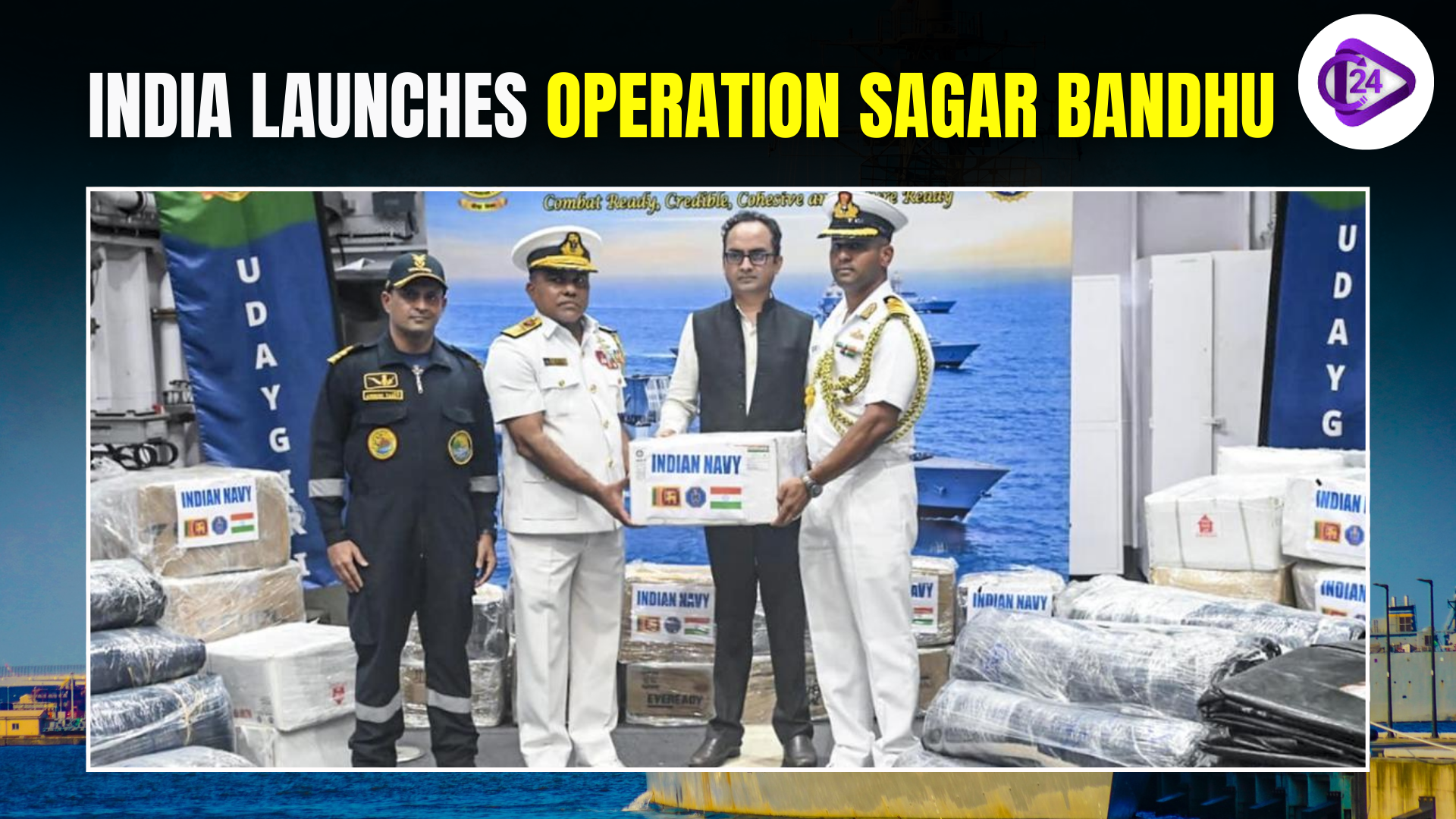 India Launches Operation Sagar Bandhu to Support Sri Lanka After Cyclone Ditwah
India Launches Operation Sagar Bandhu to Support Sri Lanka After Cyclone Ditwah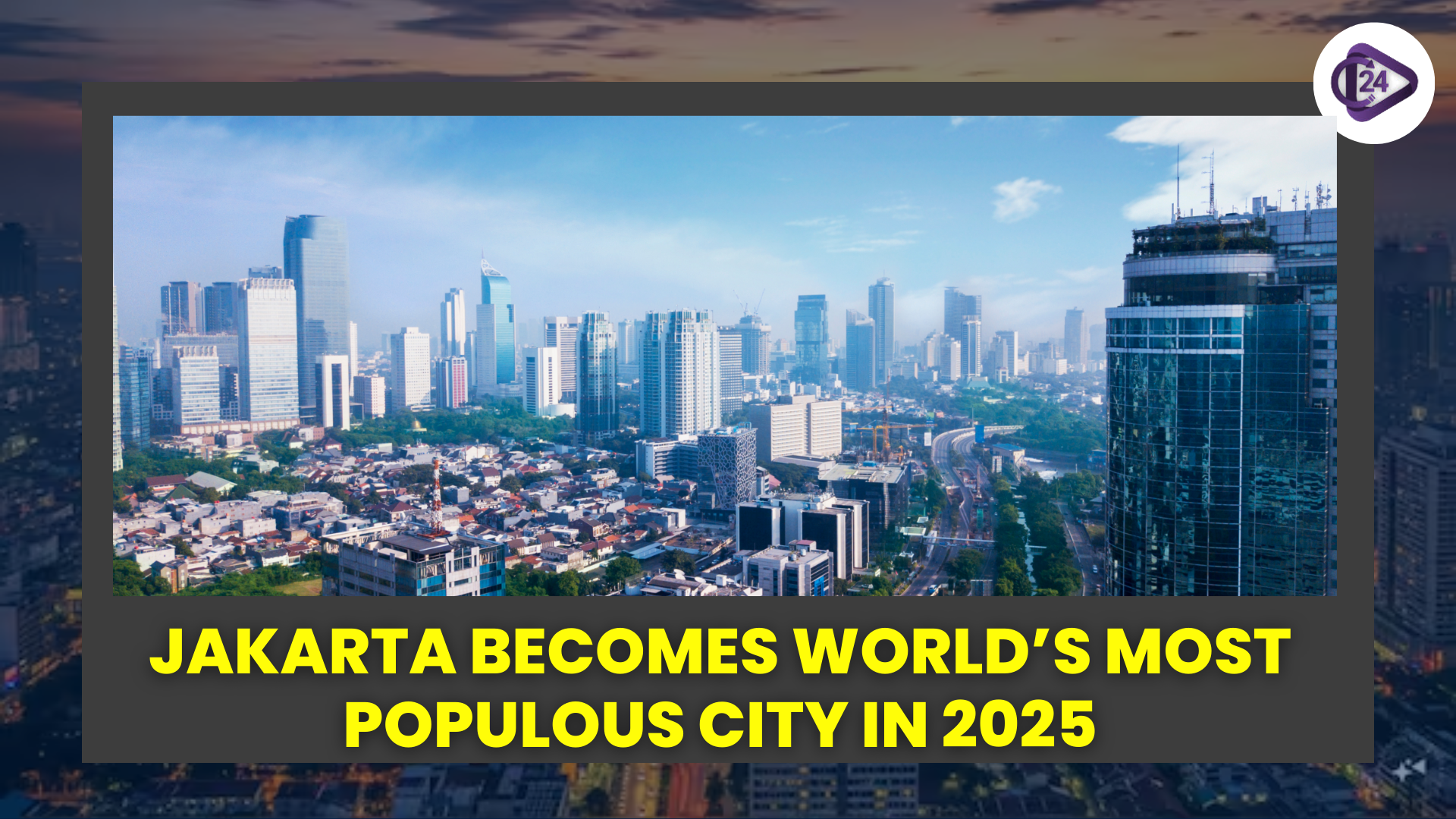 Jakarta Becomes World’s Most Populous City In 2025
Jakarta Becomes World’s Most Populous City In 2025


